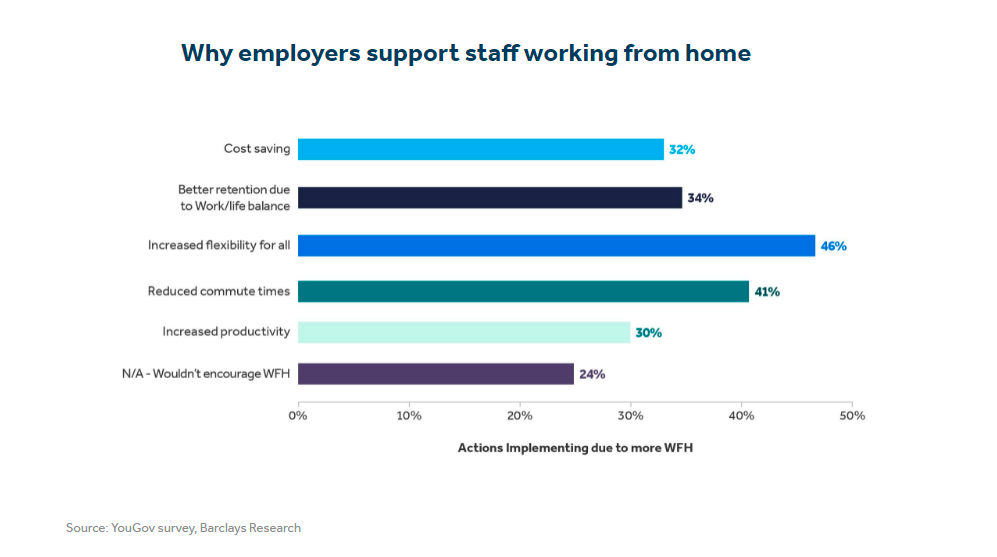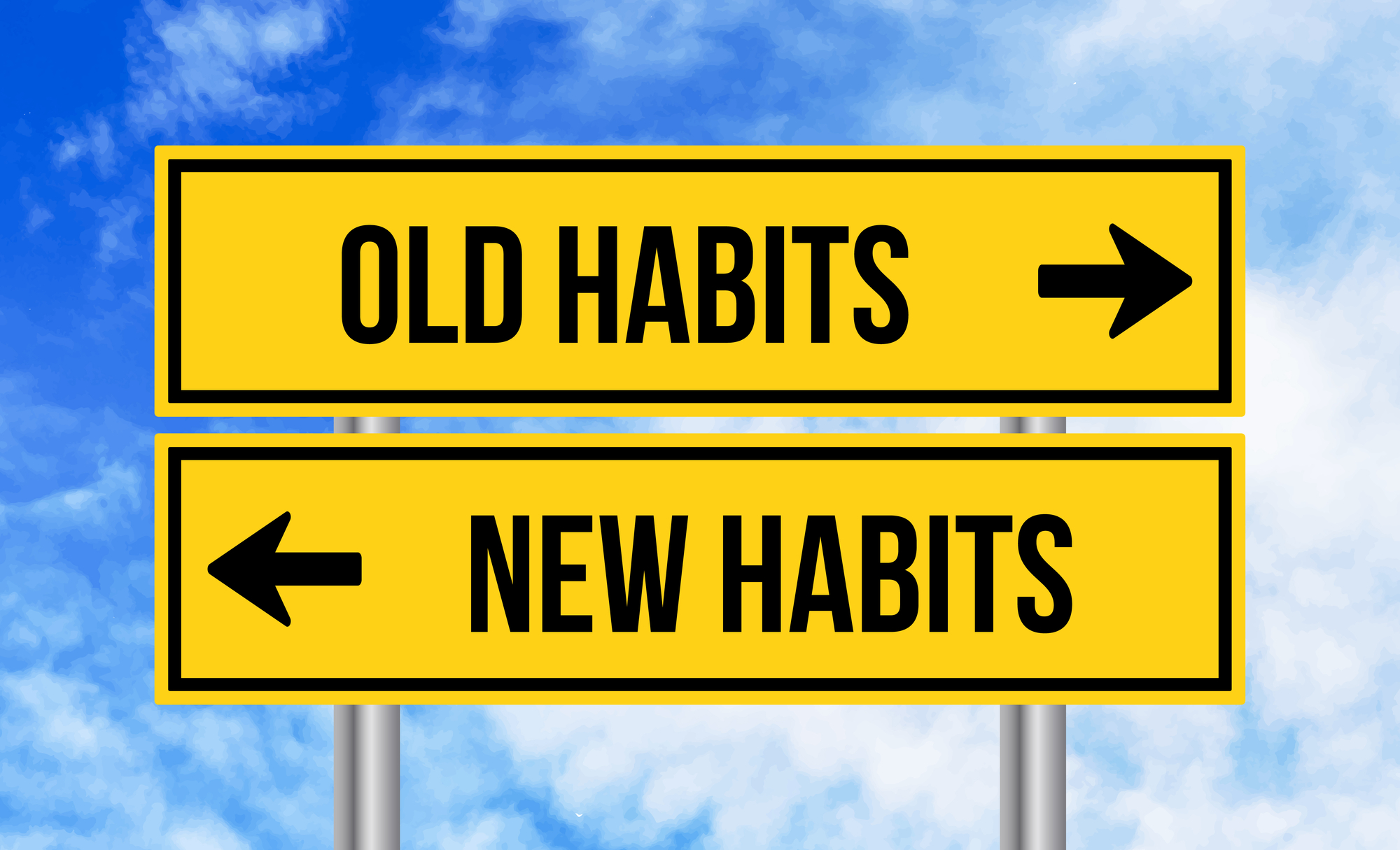Companies and employees alike have learned the benefits of a remote workforce. Reduced costs, improved work-life balance, and increased productivity are just some of the ways remote-work flexibility can be mutually beneficial.
The findings of a Barclays-YouGov survey showed that about 60% of employees expect to work partially or exclusively from home, compared with fewer than 40% before the pandemic:

However, the change in environment means there are some new challenges, and managers must interact with their teams differently to maintain a healthy level of engagement.
Key leadership skills gain new importance in the hybrid work environment.
The following is a discussion of some of the skills good managers practice during these challenging times.
Build trust and inclusion
Some managers approach the fact that employees are remote with a bit of mistrust. This can lead to added oversight and “checking up” on people. Instead, verbalize confidence in team members and “check-in” with them while offering support and asking what they need. Encourage open discussion of the challenges of working remotely and share your experiences as well.
Communicate well and often
The need for regular communication is even more important in a hybrid work environment. The lack of physical meetings or the ability to have a “hallway” conversation means that making sure a message is clearly delivered may require repetition and the use of multiple channels. Have an explicit discussion with team members about which channels to use for each kind of communication. Make known the best way to communicate with you and discuss parameters for how quickly a message should be answered. Good communication helps keep people informed and engaged.
Act with empathy
Empathy means the ability to understand and share the feelings of another. It may take some effort to consistently focus on others needs first in a conversation; empathy may be a word you feel is too “soft” for your workplace. So try these techniques instead: replace telling with asking in conversations; gather others’ thoughts first while showing respect; practice listening deeply vs. talking; try to understand others’ points of view. When you do this, you are showing empathy and concern for them.
Discuss Self-care and Resilience skills
Uncertainty and change are ever-present but during COVID there is even more instability. Today’s managers need to know how to build a resilient mindset. They need reminding that taking care of themselves helps the work and the entire team. Constant change can affect emotions, so enhancing self-awareness to recognize stress and stress reactions is valuable as well.
Expectations of how leaders and managers behave is changing; employees no longer tolerate poor work conditions or poor managers. There is evidence that this is a factor in the Great Resignation. It’s often been said that employees don’t leave a company, they leave a manager. Managers are key to employees feeling supported and engaged. If you want to retain your people, invest in the development of your managers’ skills.
If you have an internal training team, they can develop course work to address these issues. If not, read on for a training approach optimized for the hybrid environment.





